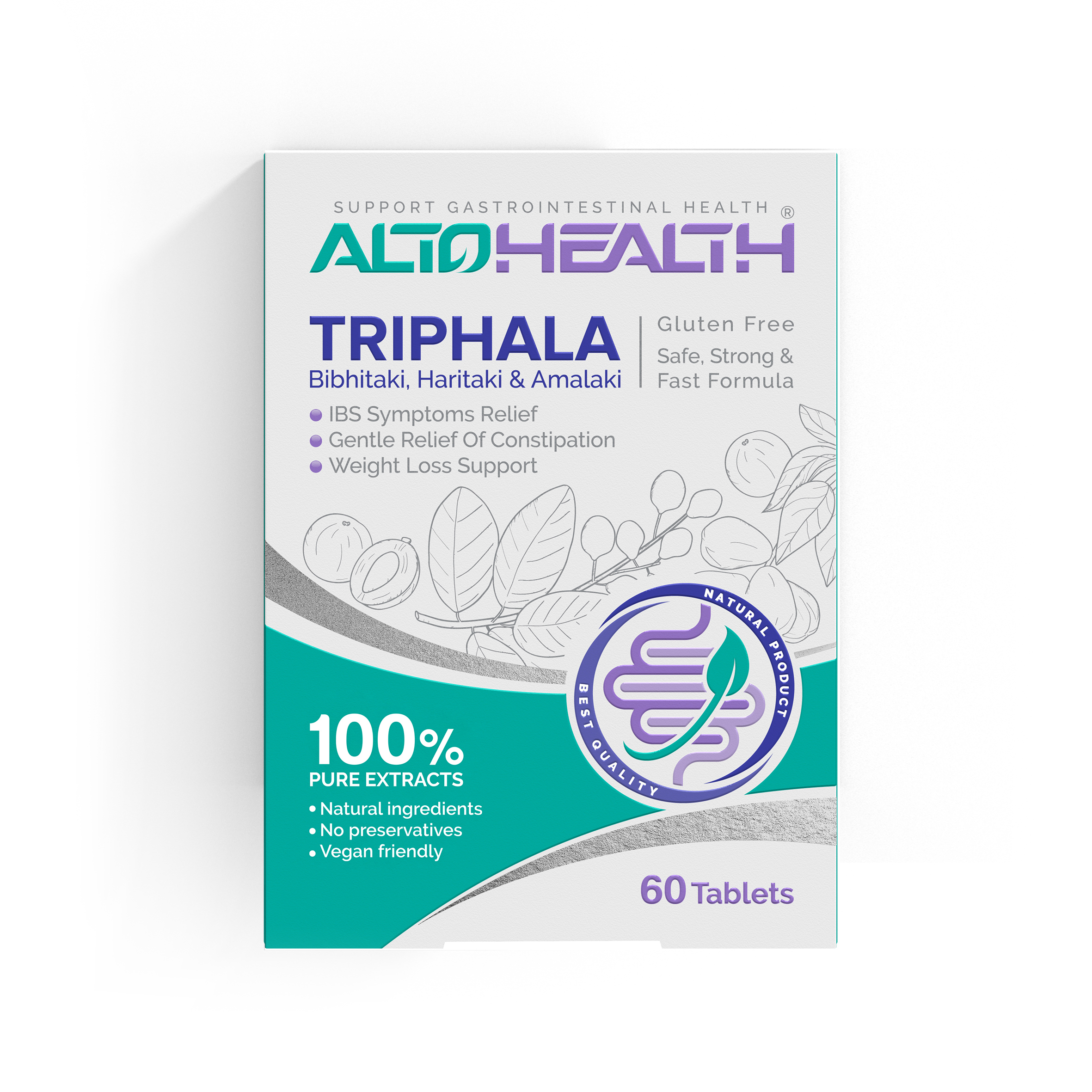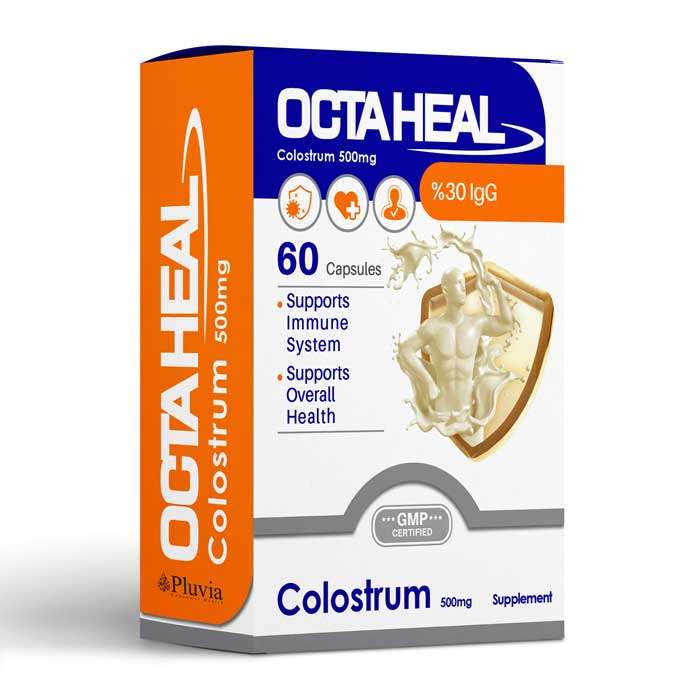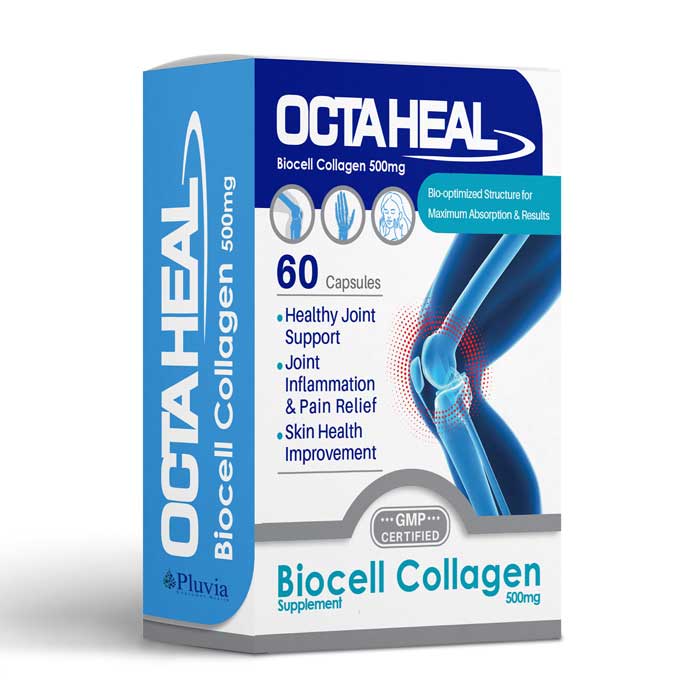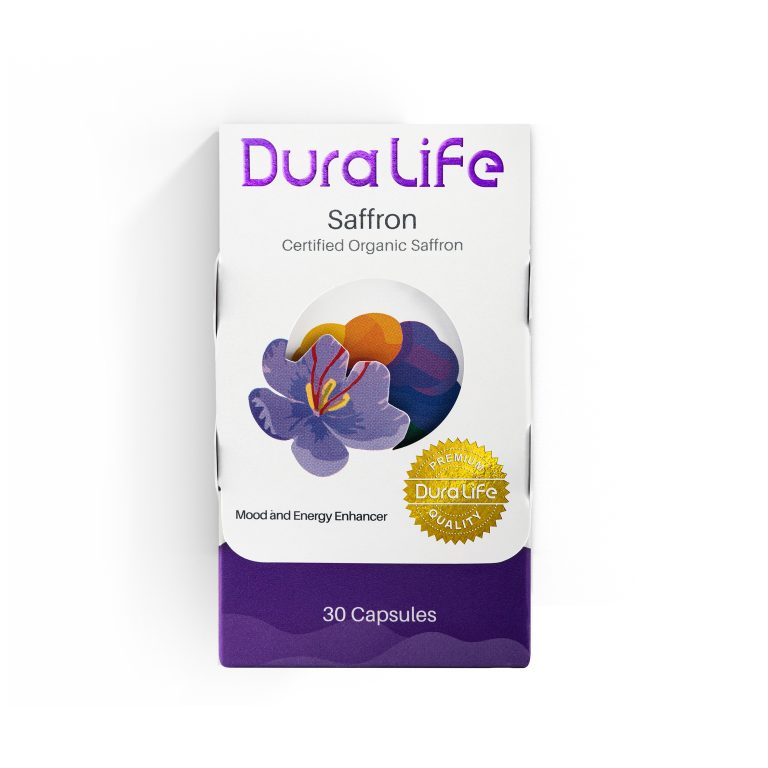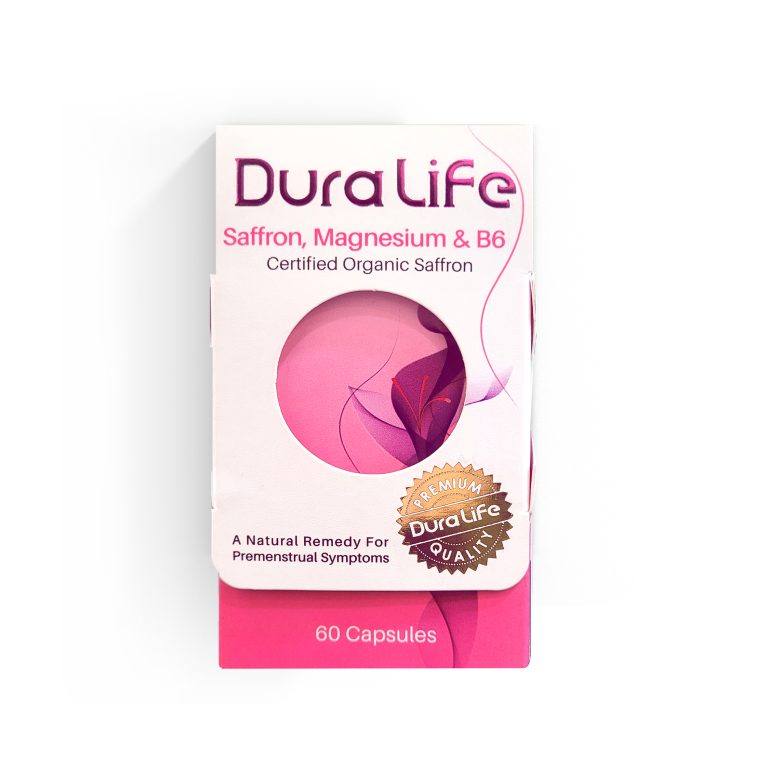AltoHealth® (Triphala )
Film Coated Tablet
Triphala 750mg
60 tablets in a box
Triphala is a herbal formulation of dried fruits from three herbal plants in equal proportions (250mg): Phyllantus emblica (Amalaki), Terminalia chebula (Haritaki), Terminalia bellirica (Bibhitaki). It has been used for years to improve digestion, alleviate constipation, regulate liver function, help detoxification and weight loss, boost the immune function and maintain general health. It is also a well-known phytomedicine with antioxidant activities.
Therapeutic Fields

Alto-Health® is an excellent choice
- Colon cleanser and reliever of chronic constipation without habit forming.
- Helps relieve colic pain and flatulence.
- Helps in weight loss and controls obesity.
- Corrects and revitalizes digestive system and liver function.
- High in natural vitamin C to help detox, cleanse and restore body to its healthiest state.
- It lowers cholesterol, exerts hypoglycemic and hypolipemic effects.
- No side effects.

Irritable Bowel Syndrome with constipation (IBS-C)

Constipation

Weight loss
Irritable bowel syndrome (IBS) is the most common type of functional GI disorders .


The TLP components and their effects on selected IBS symptoms
- Ouercetin and gallic acid modulate the human gut microbiome and thereby promote the growth of beneficial Bifidobacteria and Lactobacillus while inhibiting the growth of undesirable gut microbes such as Escherichia coli, which may induce the inflammatory reaction.
- Chebulinic or ellagic acids can be transformed by the human intestinal microbiota into various active metabolites, including urolithins, which modulate the inflammatory process by generating anti-inflammatory compounds and preventing from oxidative injuries of enterocytes.
- Chebulagic acid inhibits COX and 5-LOX, which are both major enzymes involved in inflammation and carcinogenesis.

Triphala have beneficial effect on the entire gastrointestinal (GI) tract.
Triphala is an herbal formulation of dried fruits from three herbal plants in equal proportions: Terminalia chebula, Terminalia bellirica and Phyllantus emblica.
Terminalia chebula
fruits are a rich source of tannins (30-40%) [e.g. chebulic acid, chebulinic acid, chebulagic acid, gallic acid, ellagic acid], flavonoids [quercetin], and other phytochemicals [Saponins].
Terminalia bellirica
fruits contain mainly proteins (40%) and oils (35%), including omega-3 and -6 fatty acids (e.g. linoleic acid
Phyllantus emblica
fruits are high in ascorbic acid (vitamin C), reaching up to 445mg per 100g and polyphenols, such as flavonoids, kaempferol, ellagic acid, and gallic acid.
Triphala improves lower GI symptoms and may be a valuable and effective addition to standard treatment of IBS.
Administration
One Tablet taken 1 to 2 times daily preferably with meals.
Use in Specific Populations
• Pregnancy: Use is not recommended.
• Lactation: Use is not recommended.
Contraindications
Hypersensitivity to any component of the formulation, abnormal constrictions of the gastrointestinal tract, potential or existing intestinal blockage, atonic bowel, appendicitis, inflammatory colon disease such as Crohn’s disease or ulcerative colitis, abdominal pain of unknown origin, undiagnosed rectal bleeding, severe dehydration with depleted water or electrolytes.
Warnings and Precautions
• Not recommended for children under 18 years old.
• kidney disorders, fever or nausea/ vomiting.
Adverse reactions
Cramps, Spasms and/or diarrhea
Drug interactions
Cardiac glycosides or anti-arrhythmic medications, thiazide diuretics, corticosteroids, licorice root or other medications, which may aggravate electrolyte imbalance.
Drug Facts
References
Drug Facts
References
- Aleksandra Tarasiuk, Paula Mosi11ska and Jakub Fichna, Triphala: current applications and new perspectives on the treatment of functional gastrointestinal disorders, Tarasiuk et al. Chin Med (2018) 13:39.
- Spiller R, Aziz 0, Creed F, Emmanuel A, Houghton L, Hung in P, et al. Guidelines on the irritable bowel syndrome: mechanisms and practical management. Gut. 2007; 56:1770-98.
- Bararbara G, Zecchi L, Barbaro R, Cremon C, Bellacosa L, Marcellini M, et al, Mucosal permeability and immune activation as potential therapeutic target of probiotics in irritable bowel syndrome. J Clin Gastroenterol, 2012;46(Suppl):S525-
- Kilpatrick LA, Gupta A, Love AD, Labus JS, Alaverdyan M, Tillisch K, et al. Neurobiology of psychological resilience in irritable bowel syndrome (IBS) and inflammatory bowel disease (IBD) patients. Gastroenterology. 2015; 148:S774.
- Lauche R, Kumar S, Hallmann J, Ludtke R, Rampp T, Dobos G, et al. Efficacy and safety of Ayurvedic herbs in diarrhoea-predominant irritable bowel syndrome: a randomised controlled crossover trial. Complement Ther Med. 2016;26:171-7.
- Christine Tara Peterson, Kate Denniston, BS and Deepak Chopra, Therapeutic Uses ofTriphala in Ayurvedic Medicine, THE JOURNAL OF ALTERNATIVE AND COMPLEMENTARY MEDICINE Volume 23, Number 8, 2017, pp. 607-614.
- Selma MV, Beltran D, Luna MC, Romo-Vaquero M, Garcia-Villalba R, Mira A, et al. Isolation of human intestinal bacteria capable of producing the bioactive metabolite isourolithin a from ellagic acid. Front Microbiol.2017; 8:1521
- Lule GN, Amayo EO, Irritable bowel syndrome in Kenyans, East Afr Med J, 2002 Jul;79(7):360-3, doi: 10A314/eamj,v79i7,8839, PMID: 12638830,
We understand the complexities and challenges you face in the healthcare industry. That’s why we’re dedicated to providing innovative solutions and insightful knowledge to help you achieve your goals.
Your input is crucial in helping us understand your needs and deliver the most relevant support:


